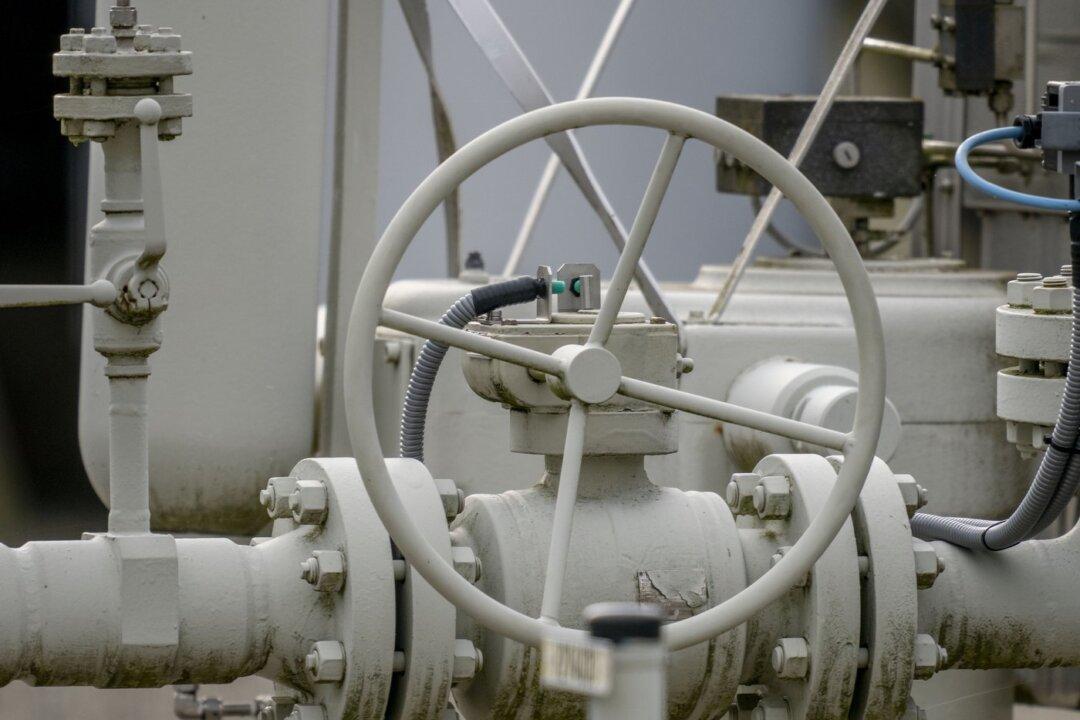Ukraine President Volodymyr Zelenskyy told Prime Minister Justin Trudeau Sunday that his stance on sanctions against Russia “must be principled” at a time when relations between Canada and the embattled country are somewhat strained.
Zelenskyy shared his comments on Twitter after the leaders held a phone call to discuss Canada’s controversial decision to send repaired parts of a Russian natural gas pipeline back to Germany.





